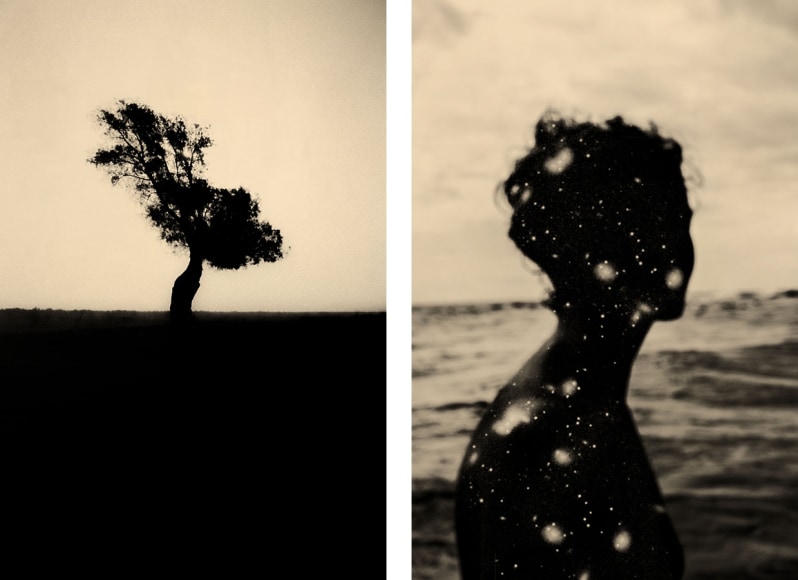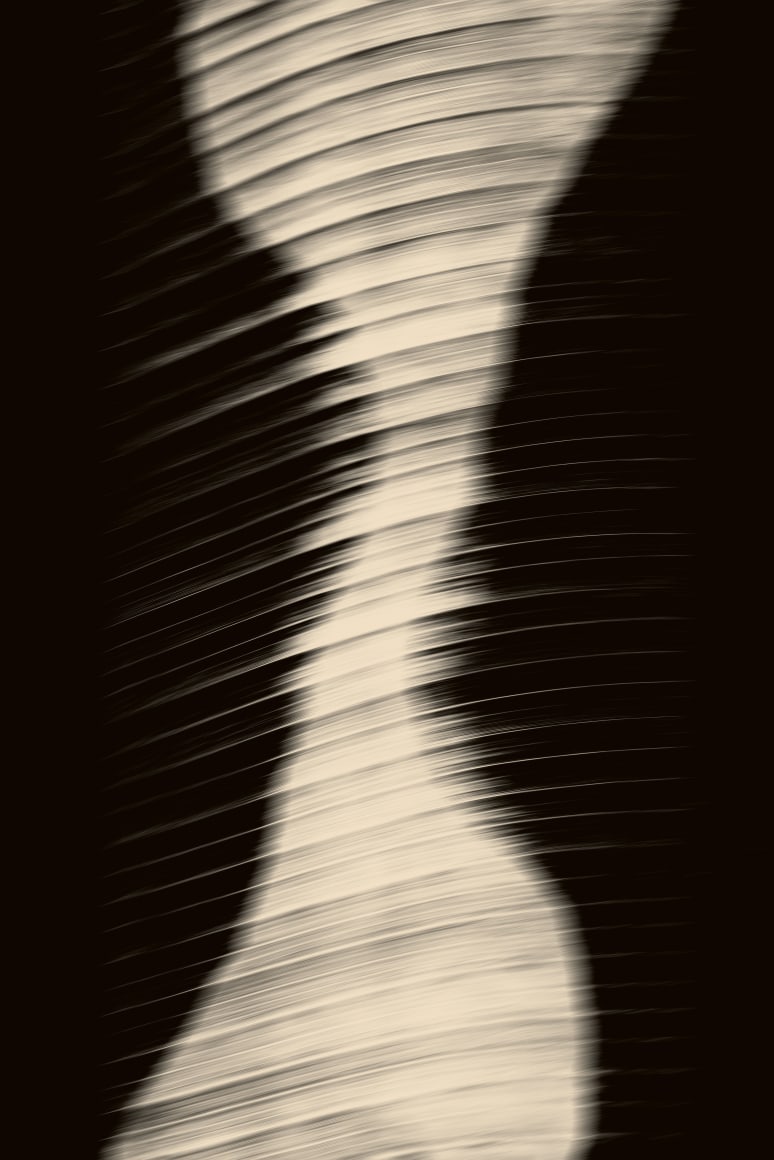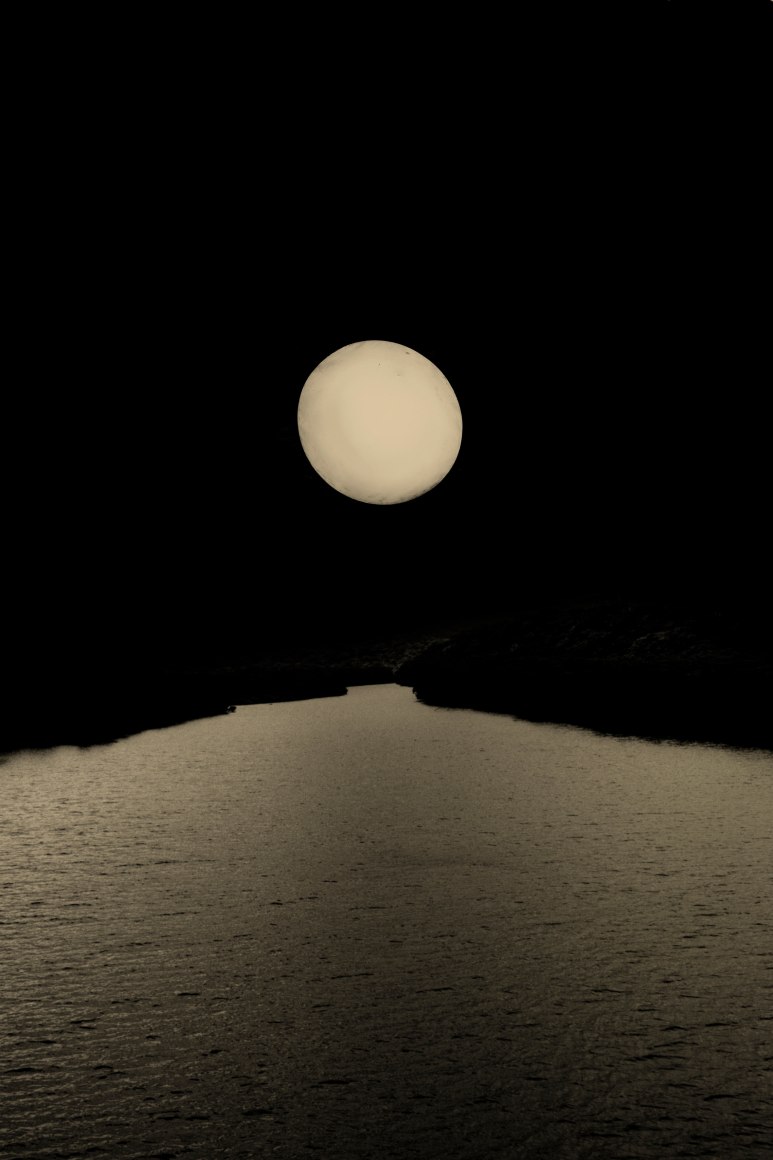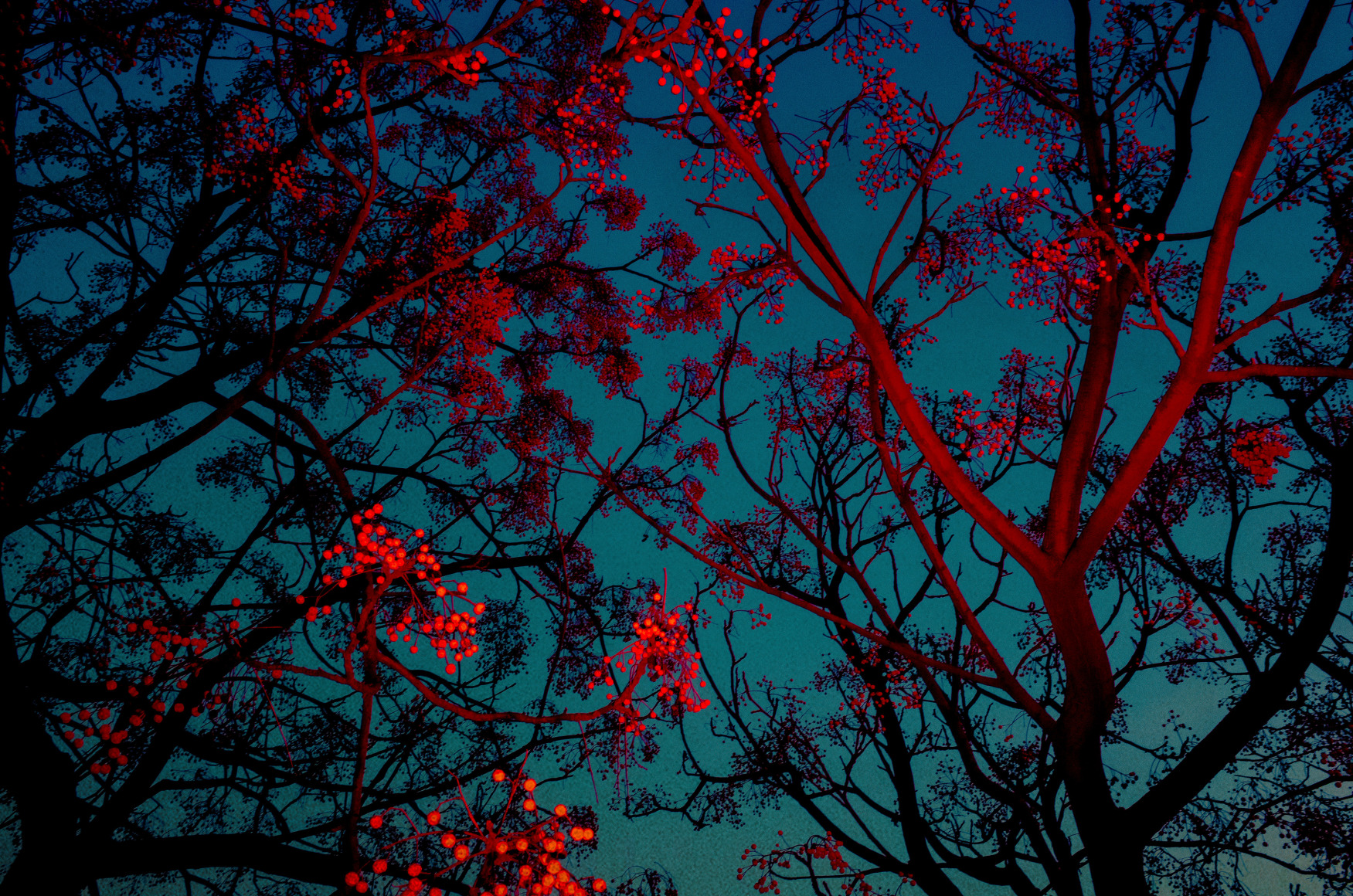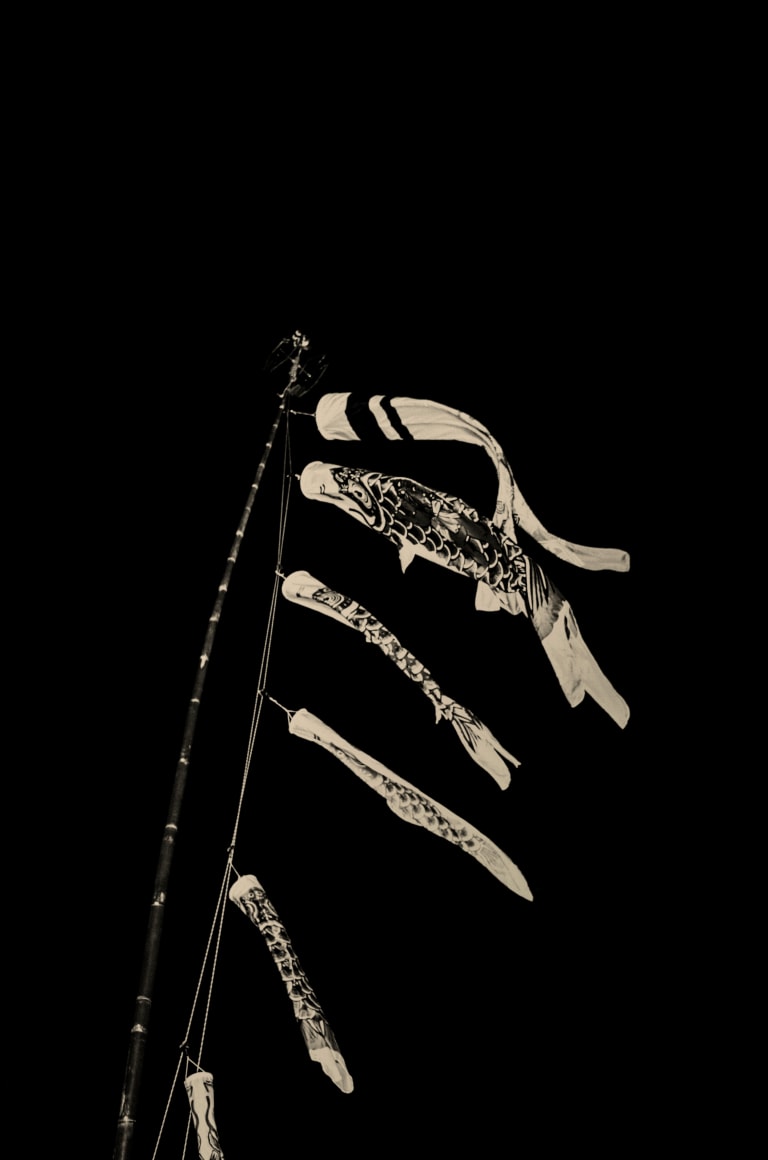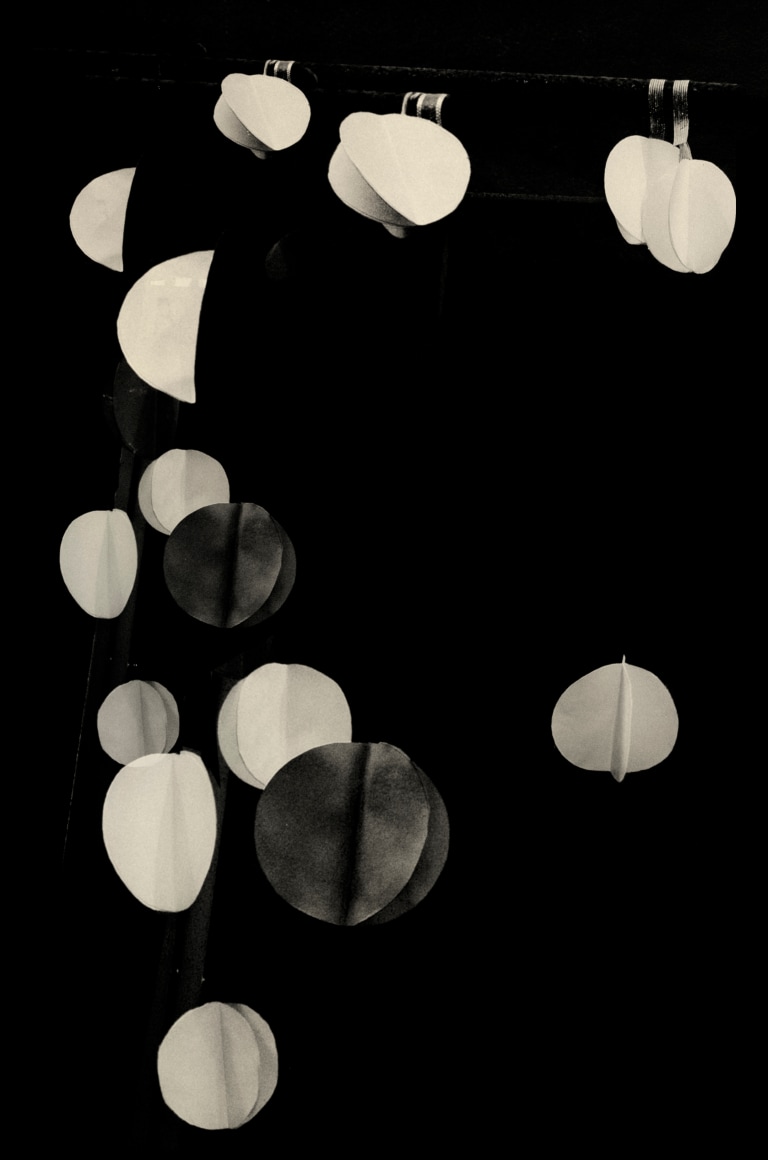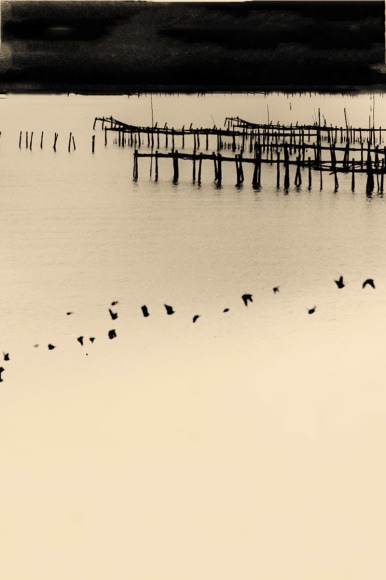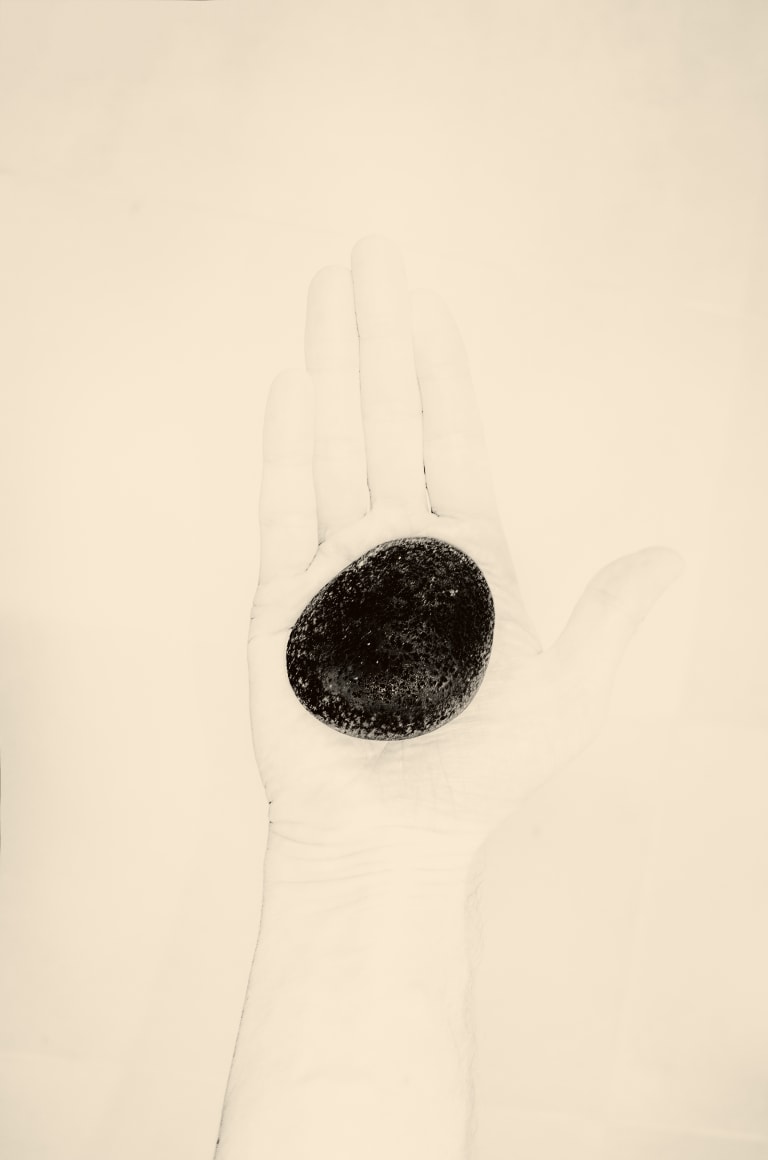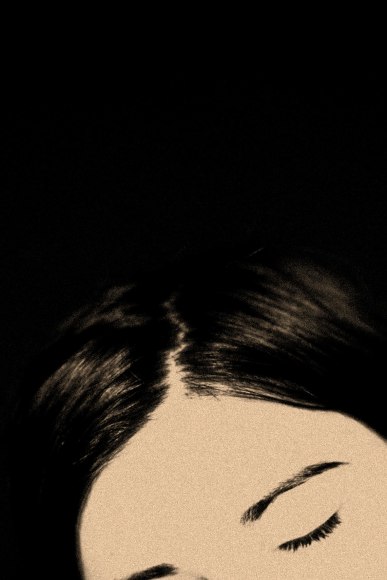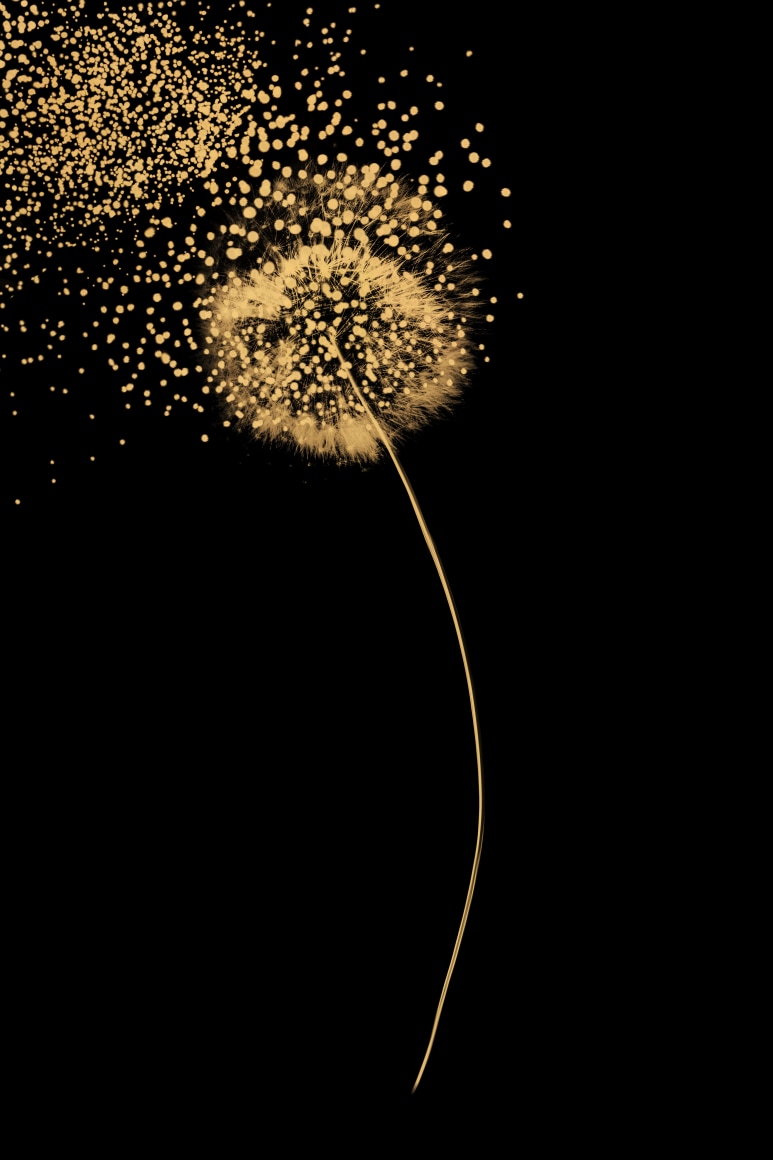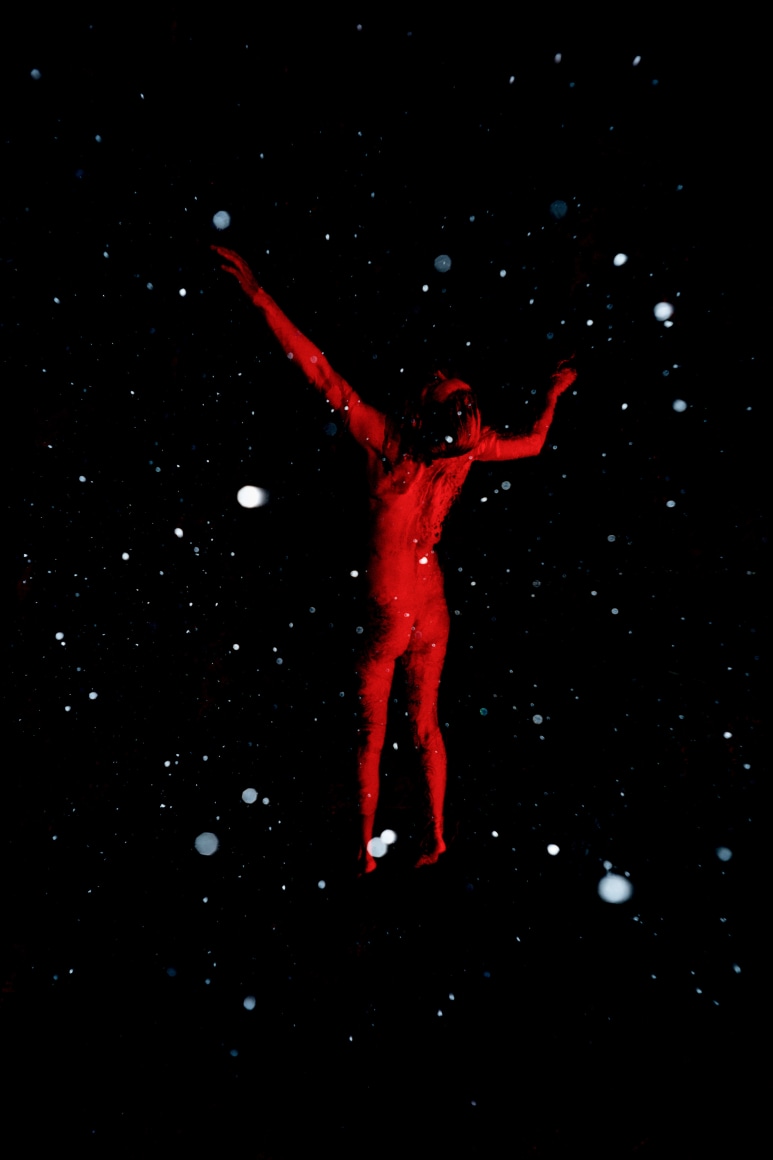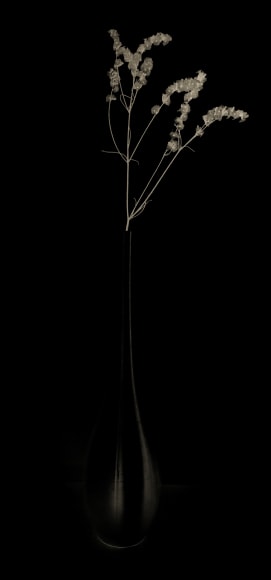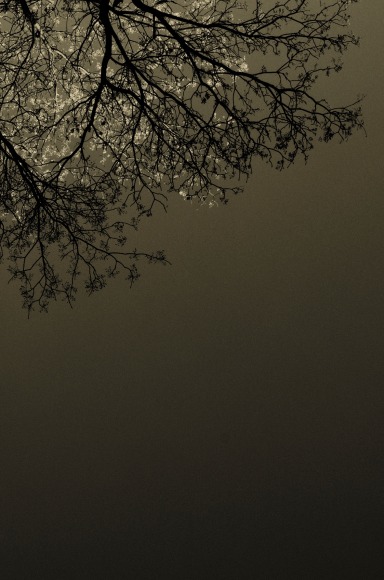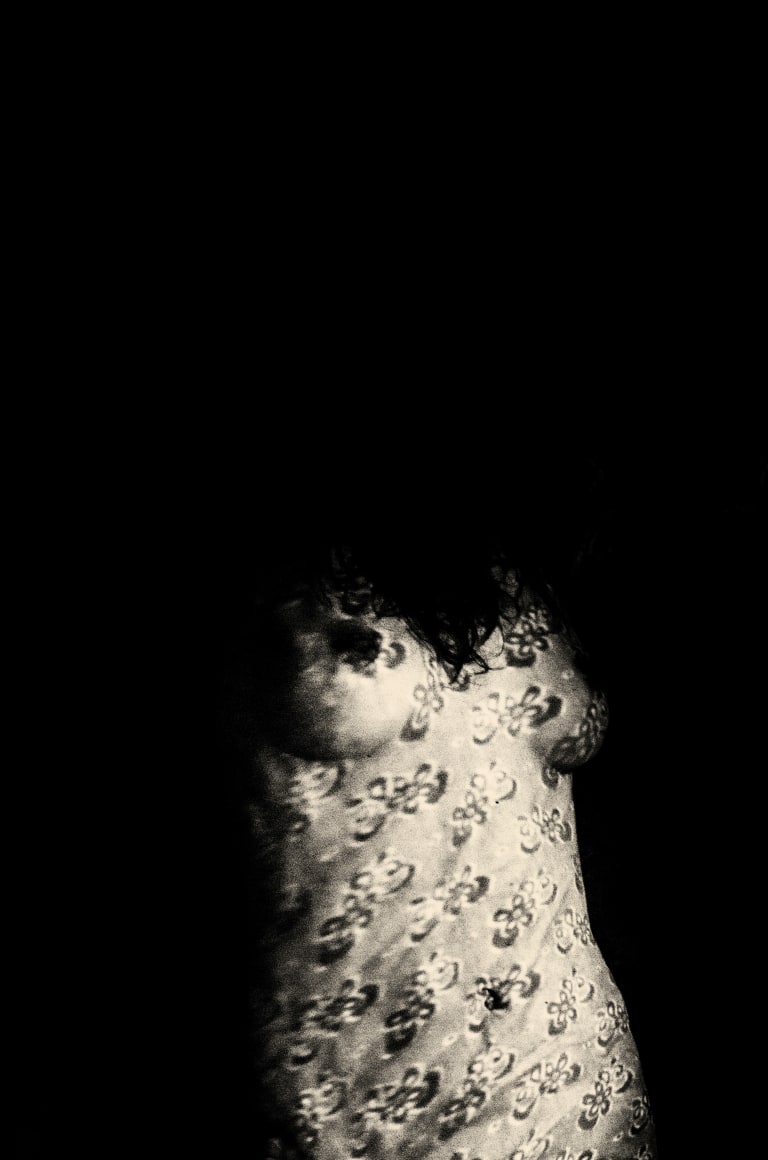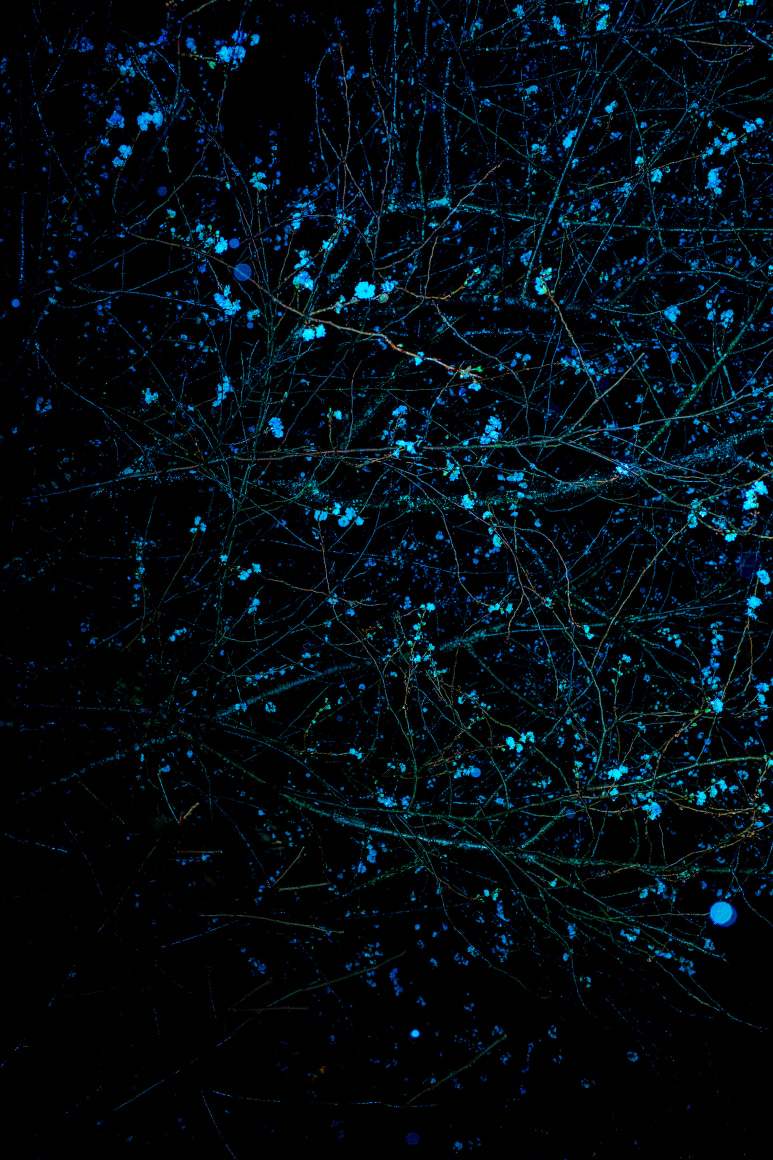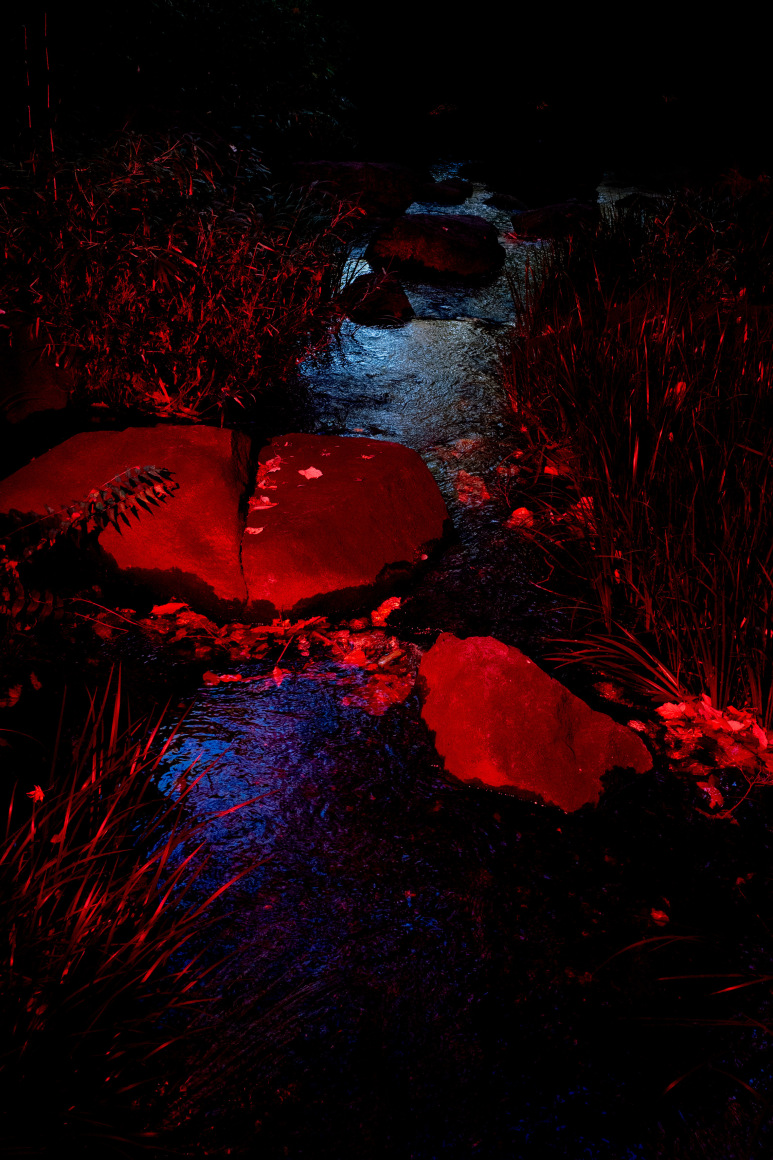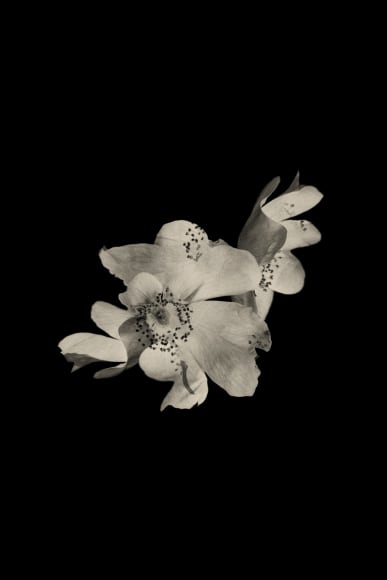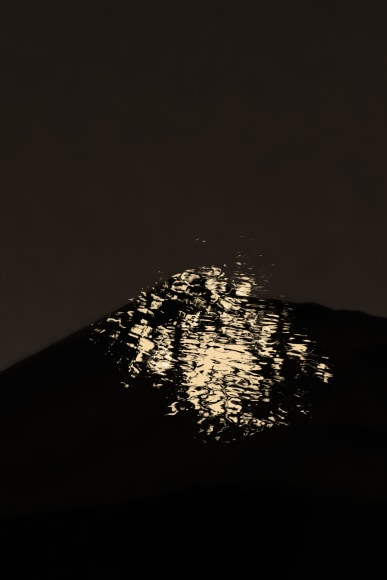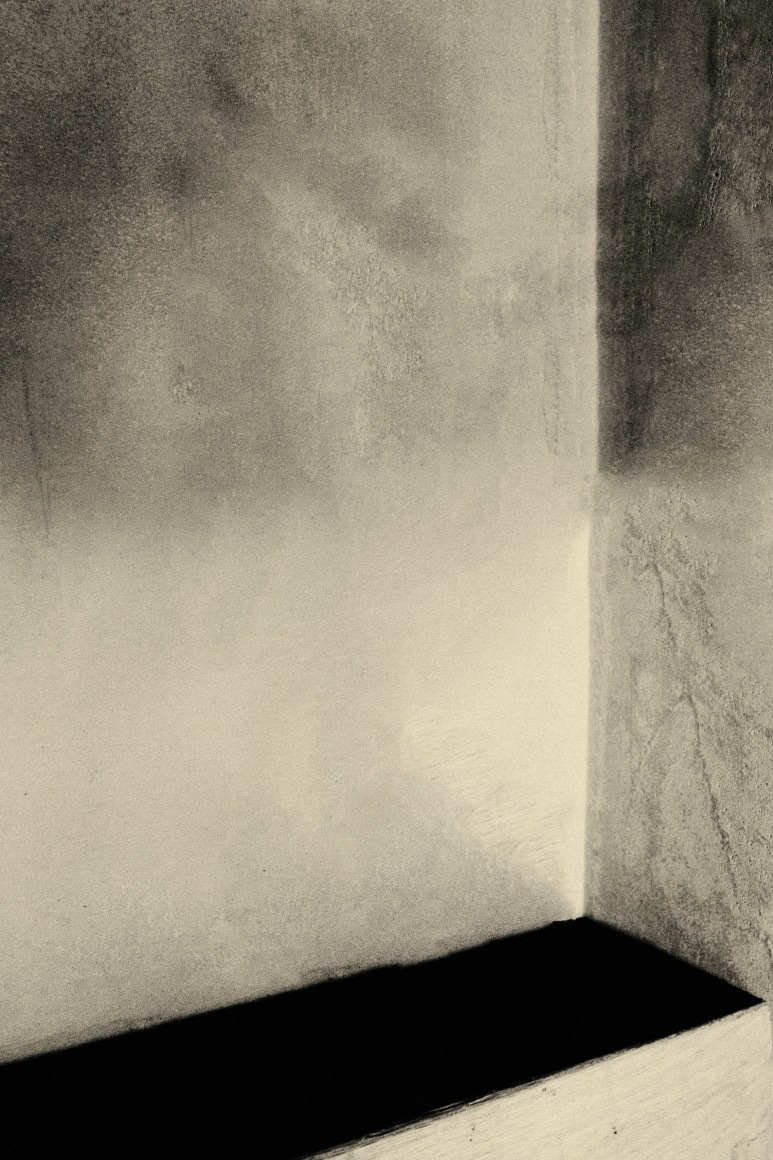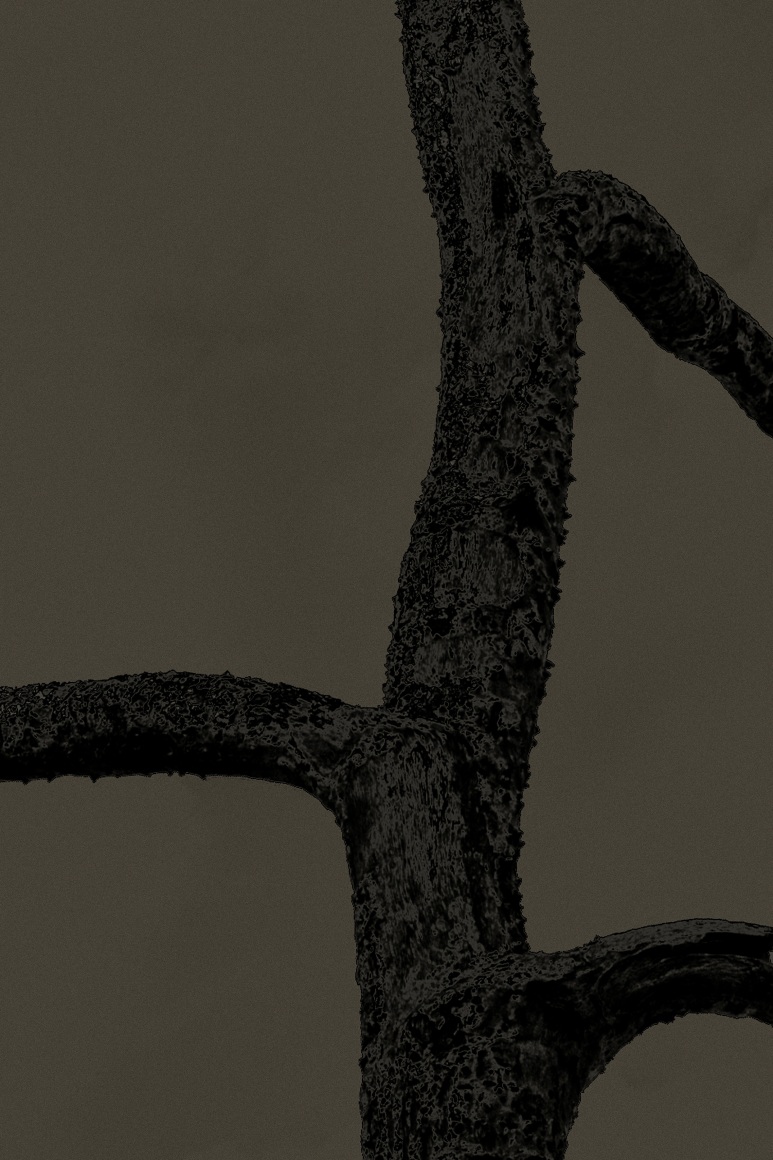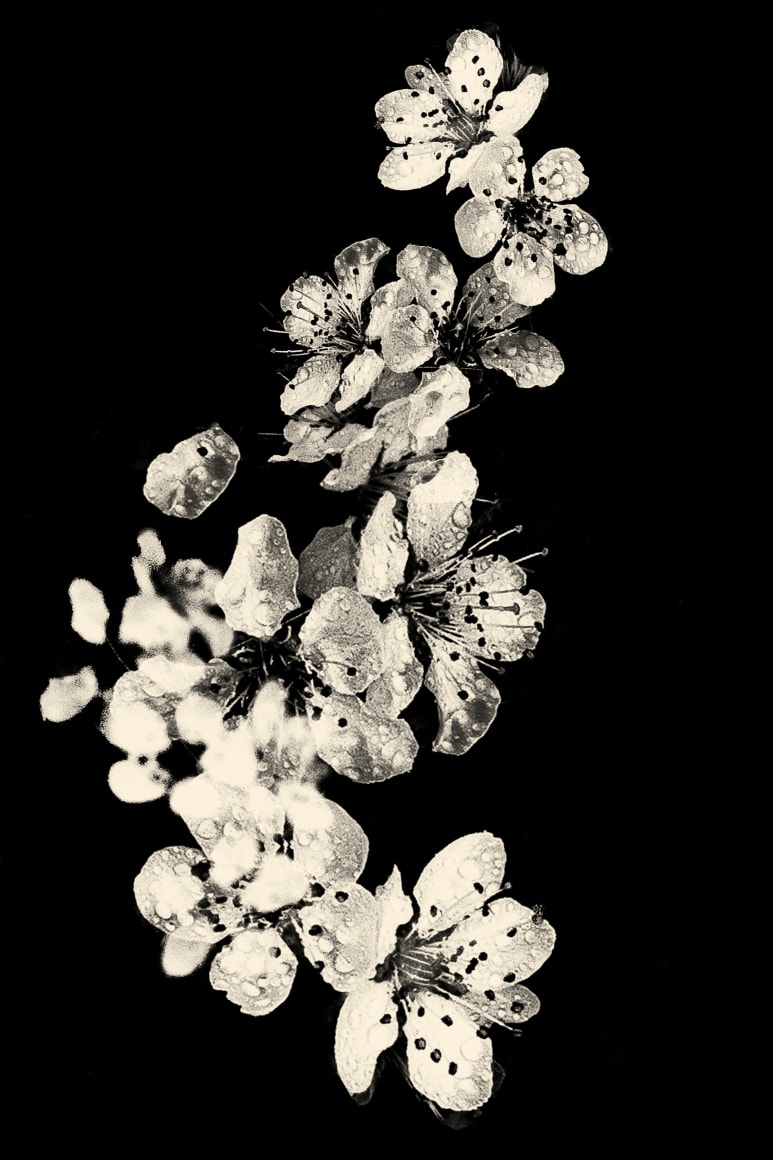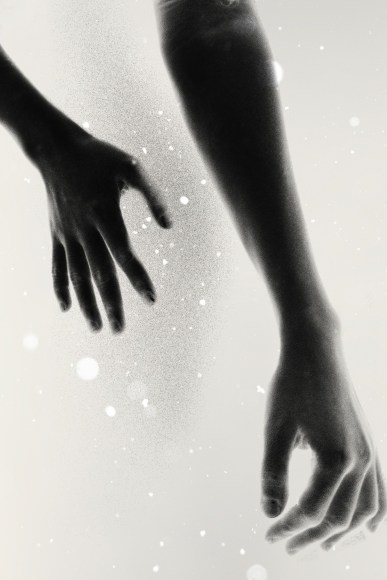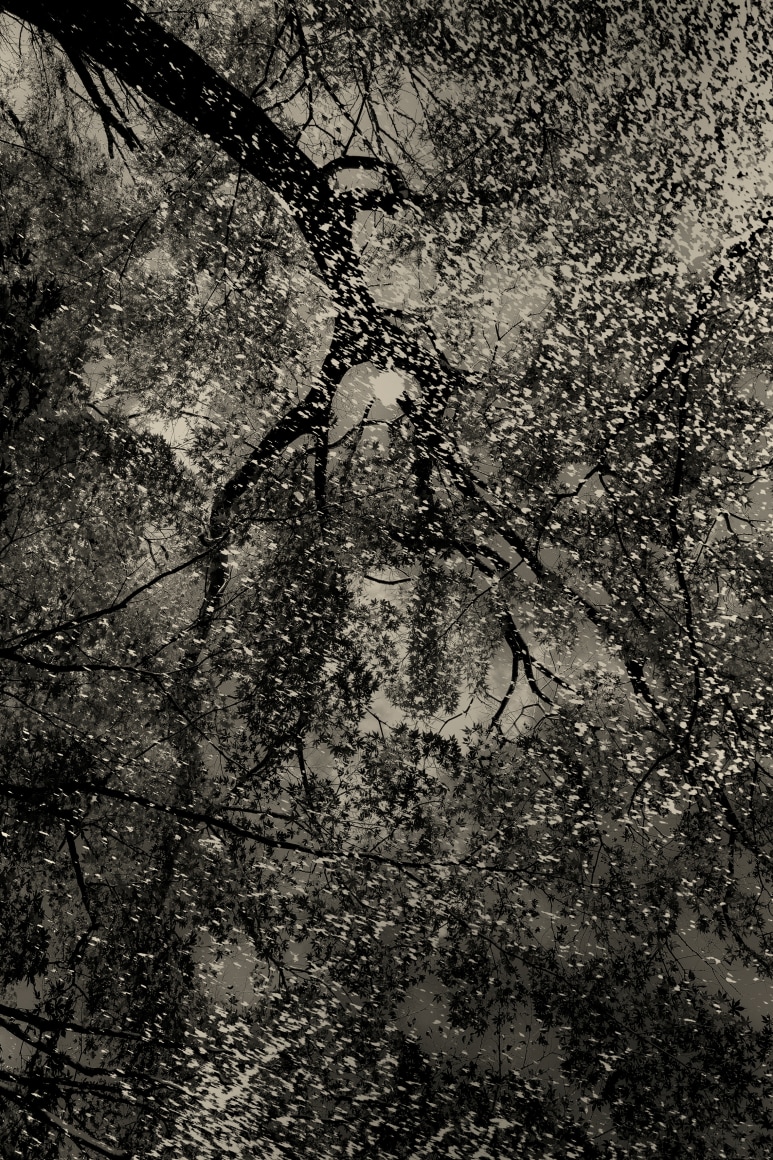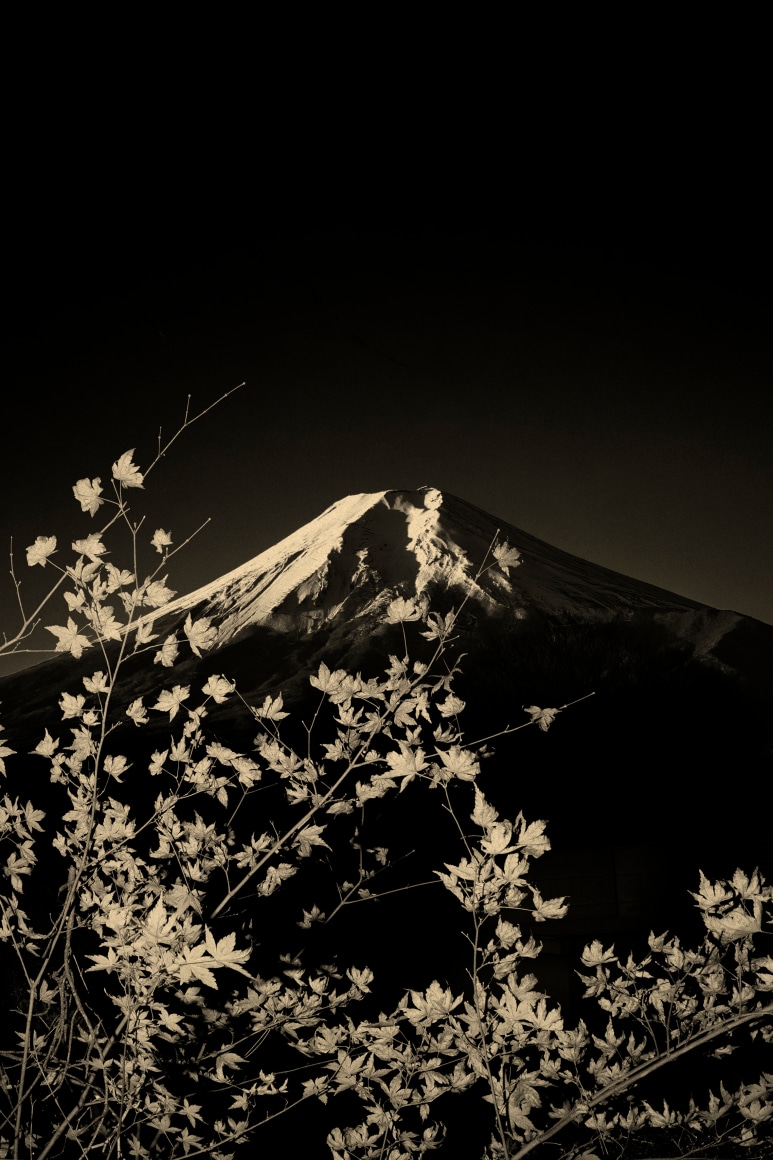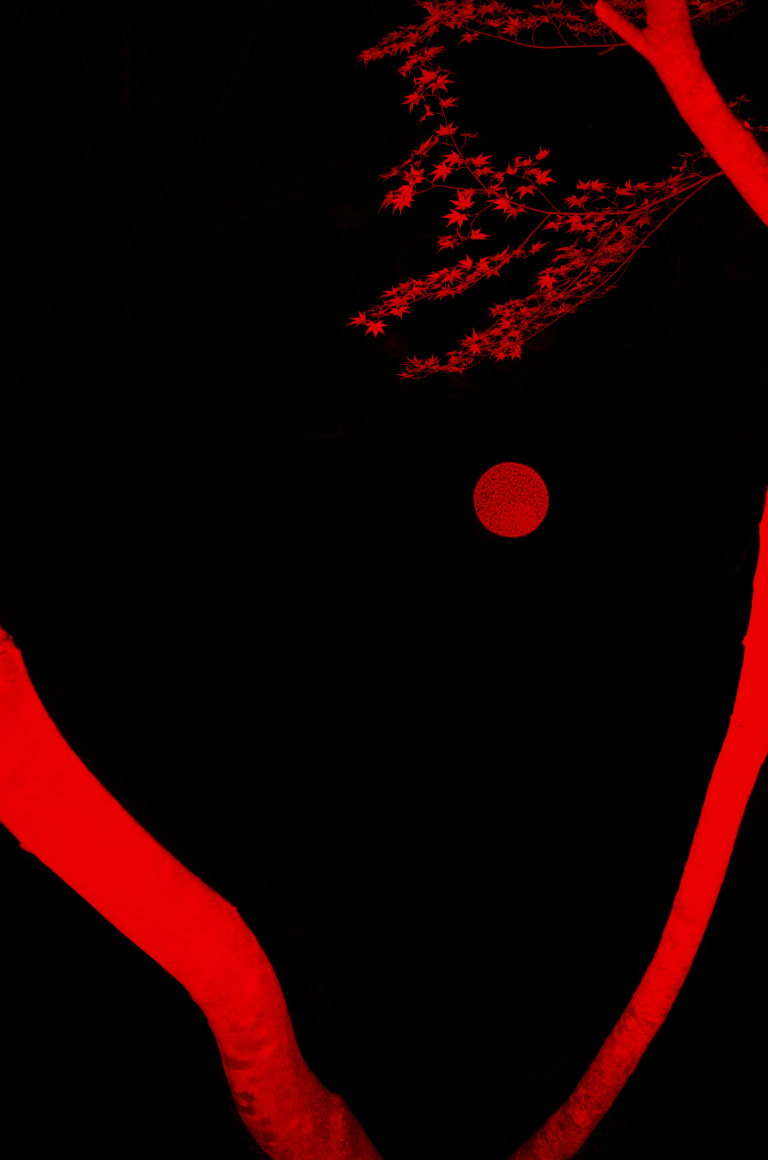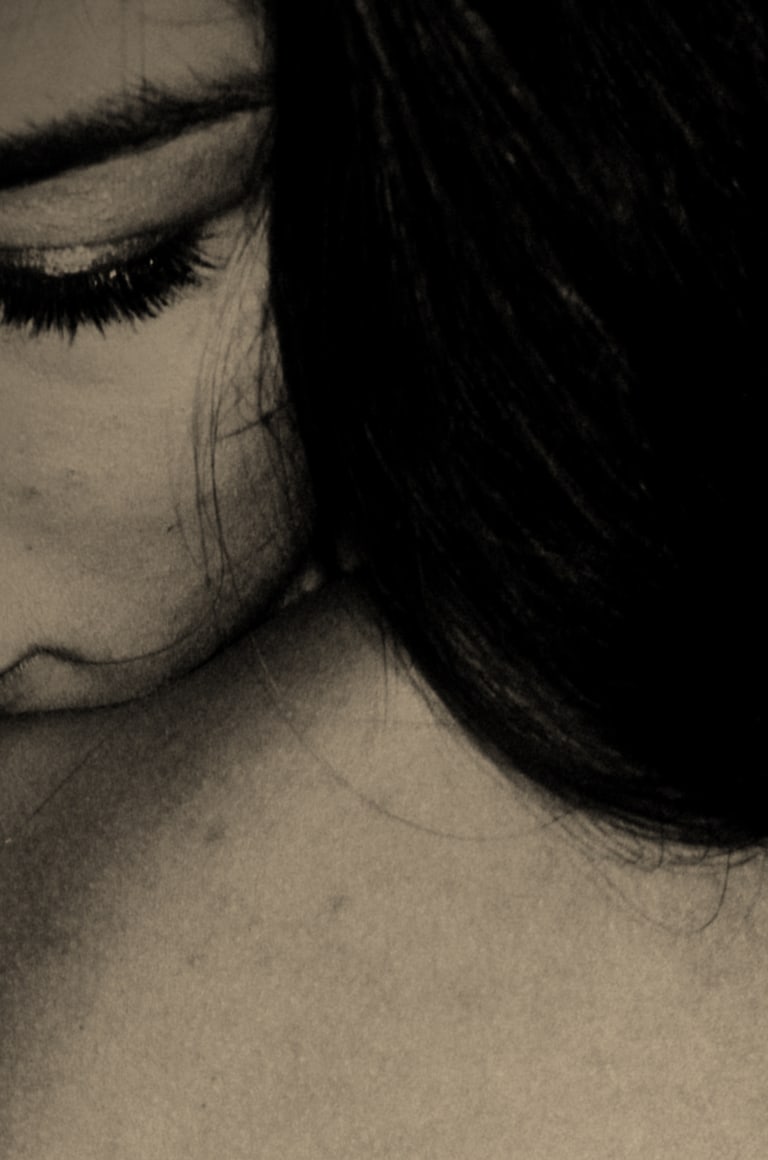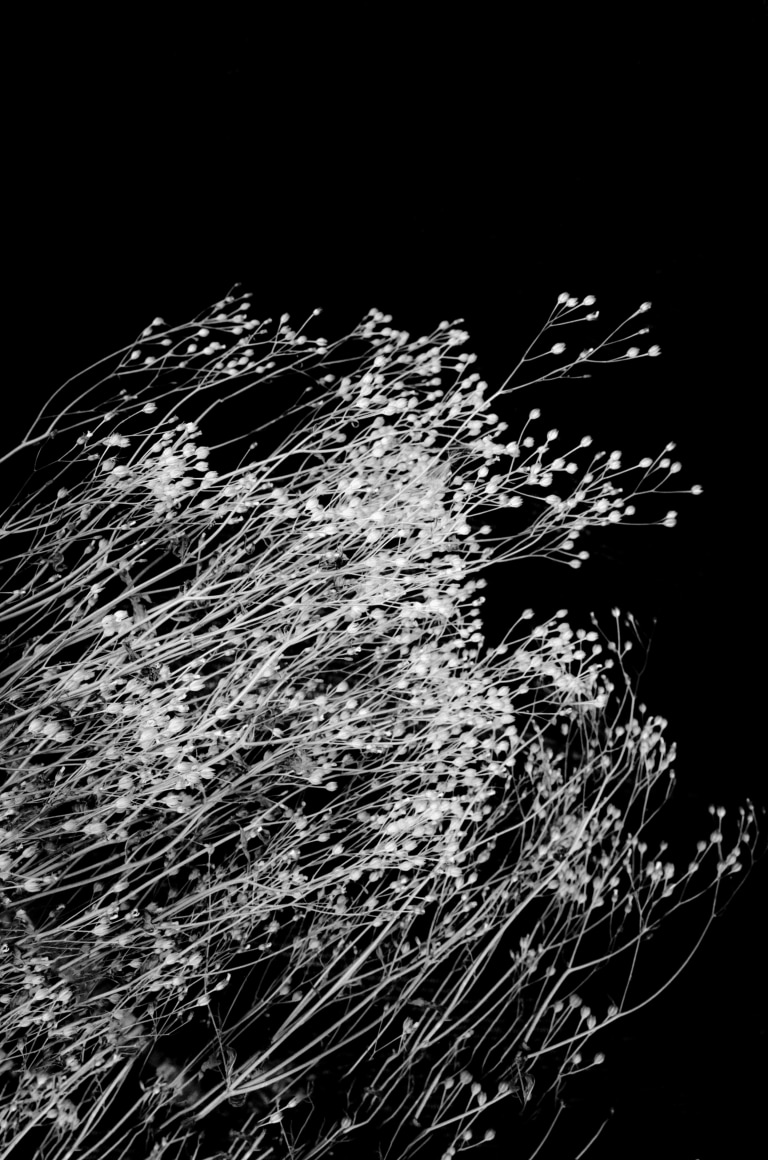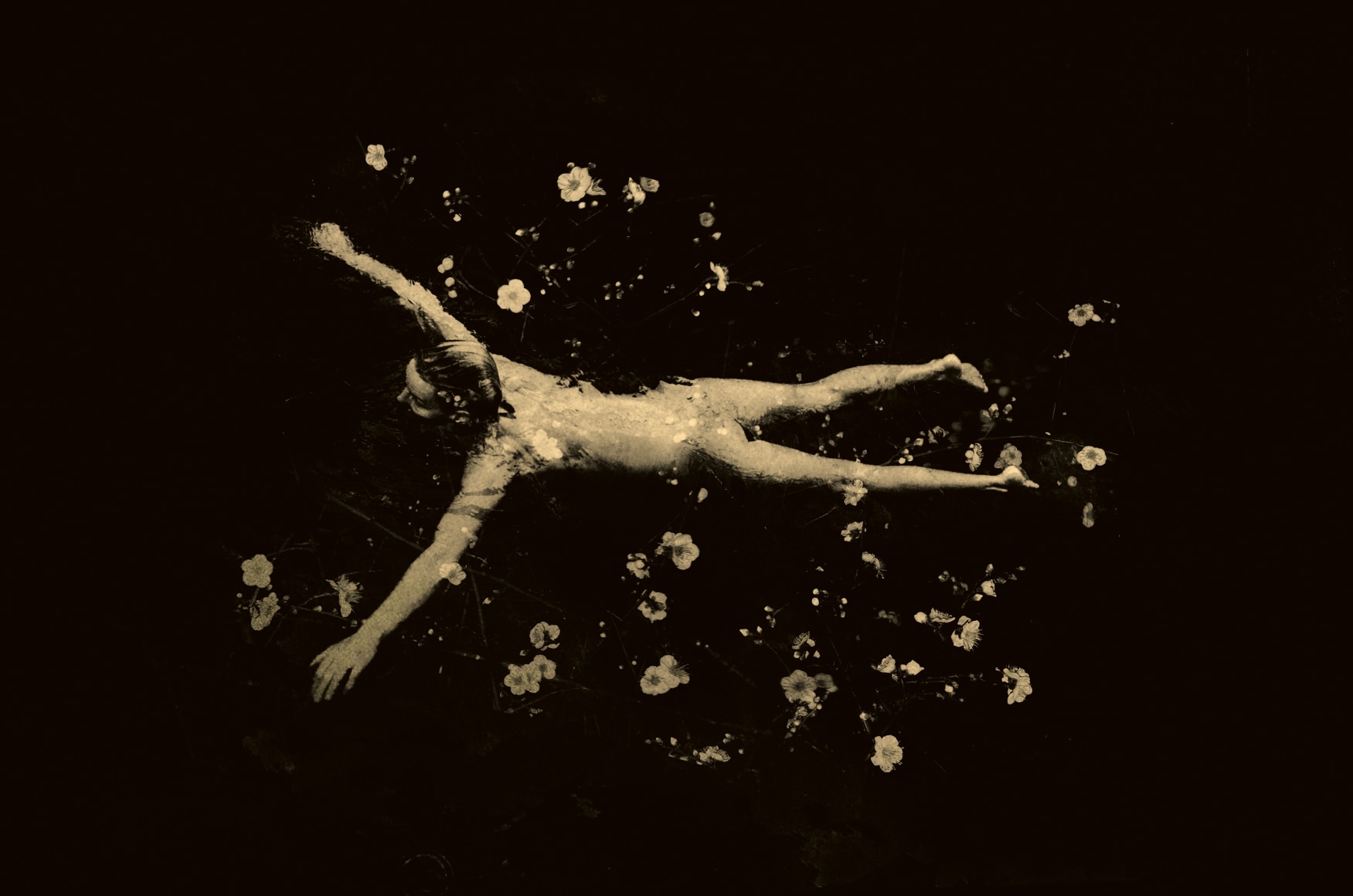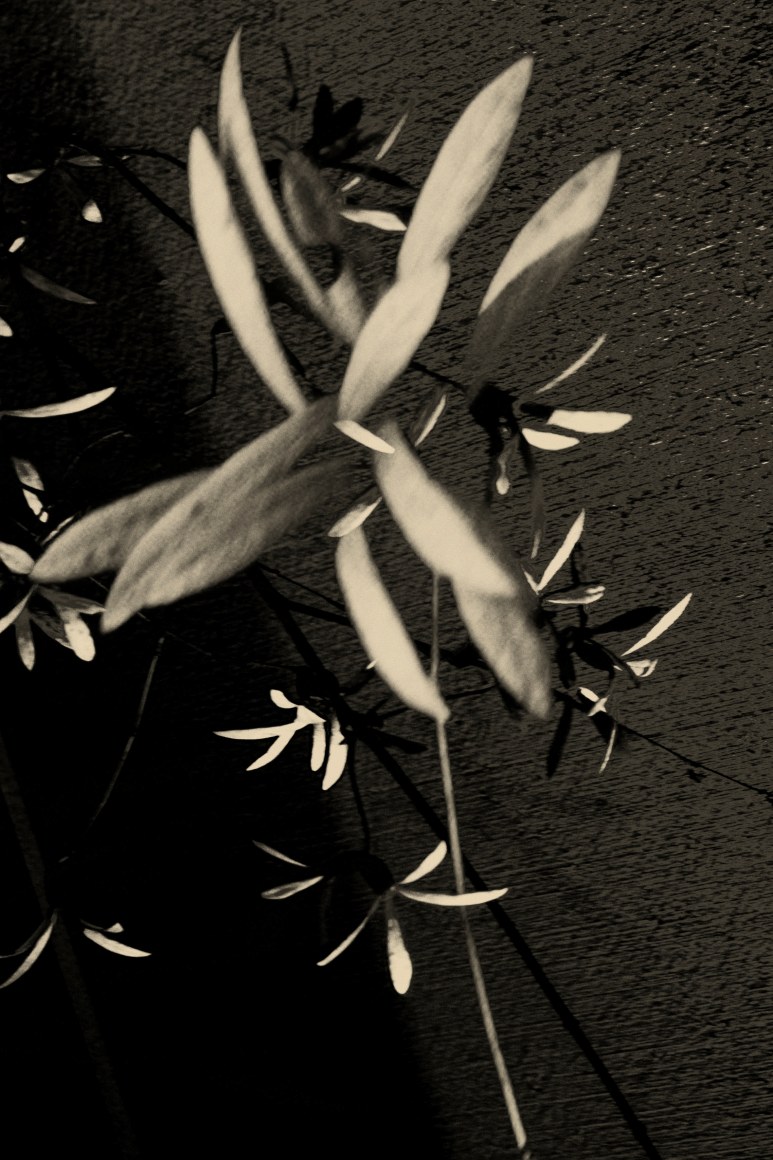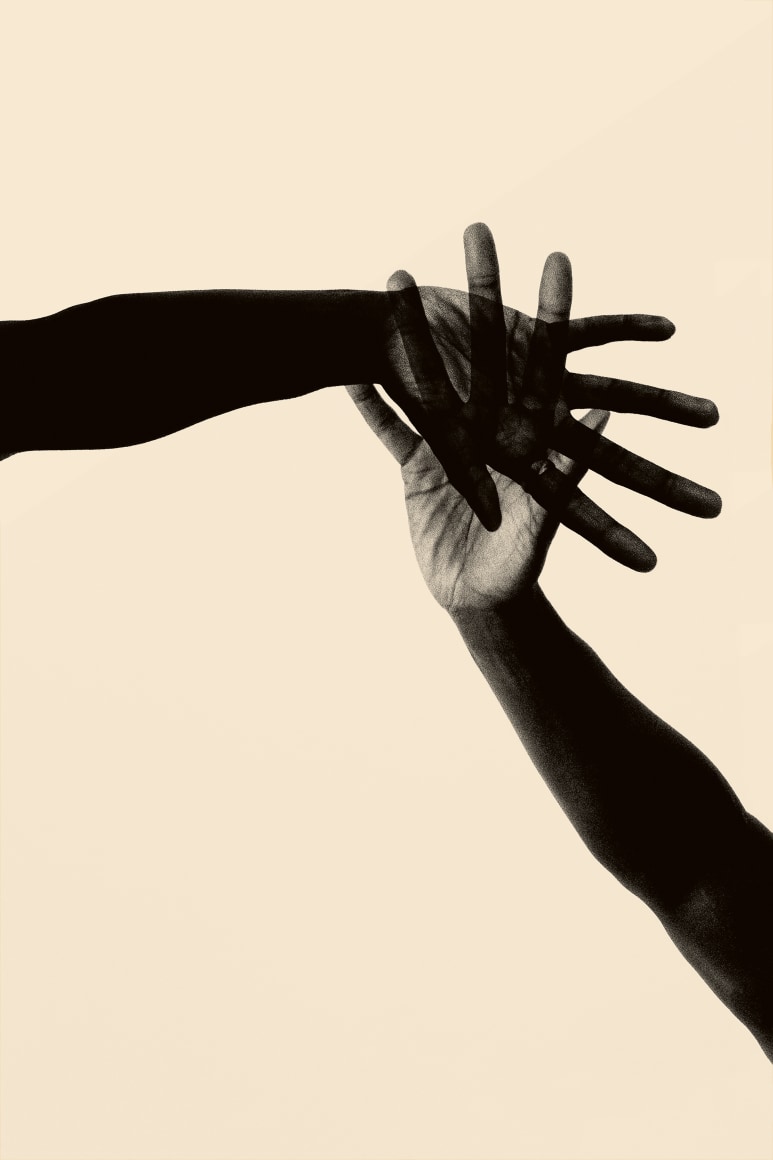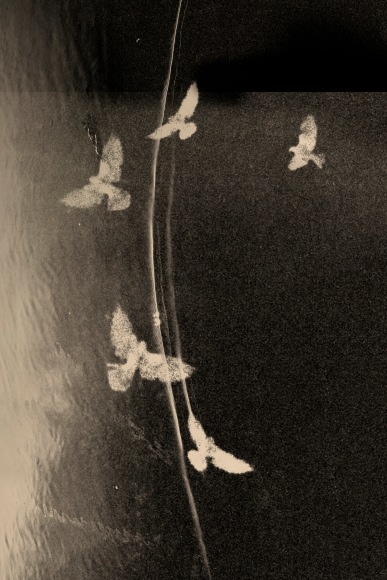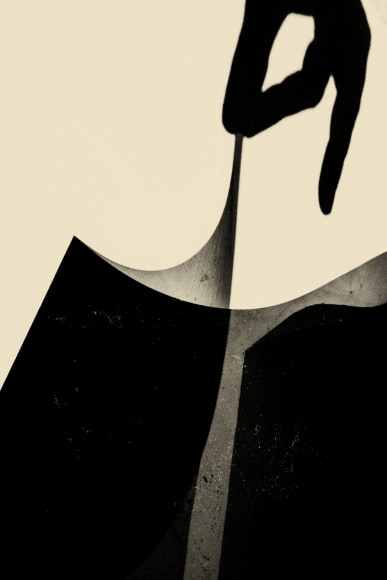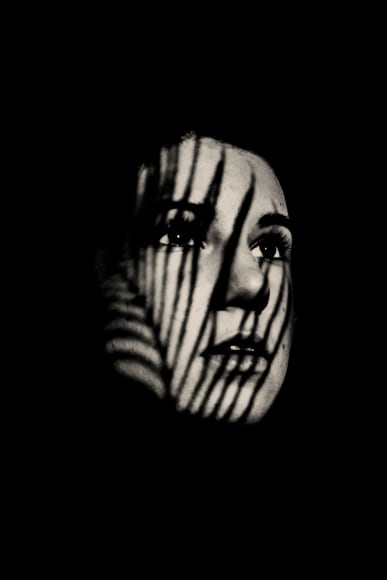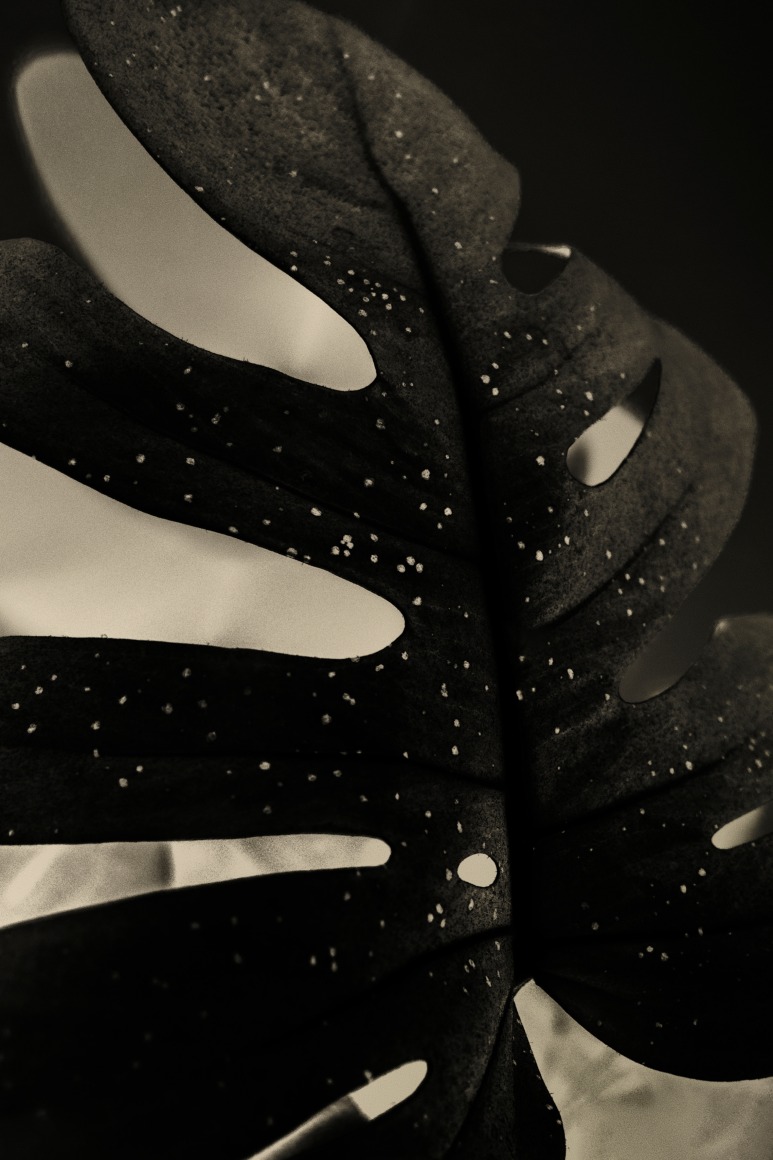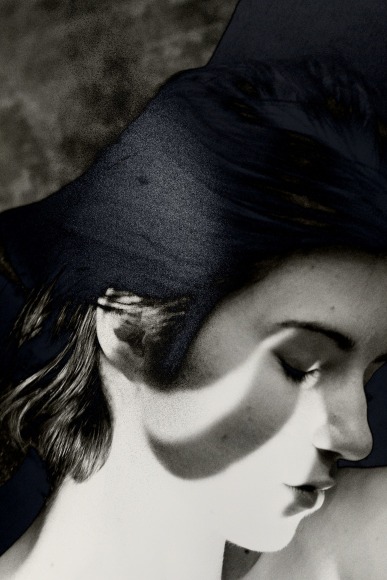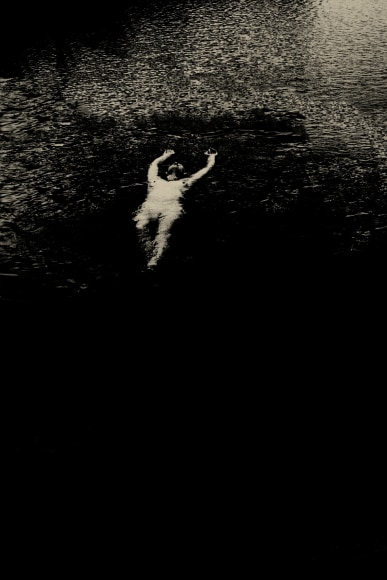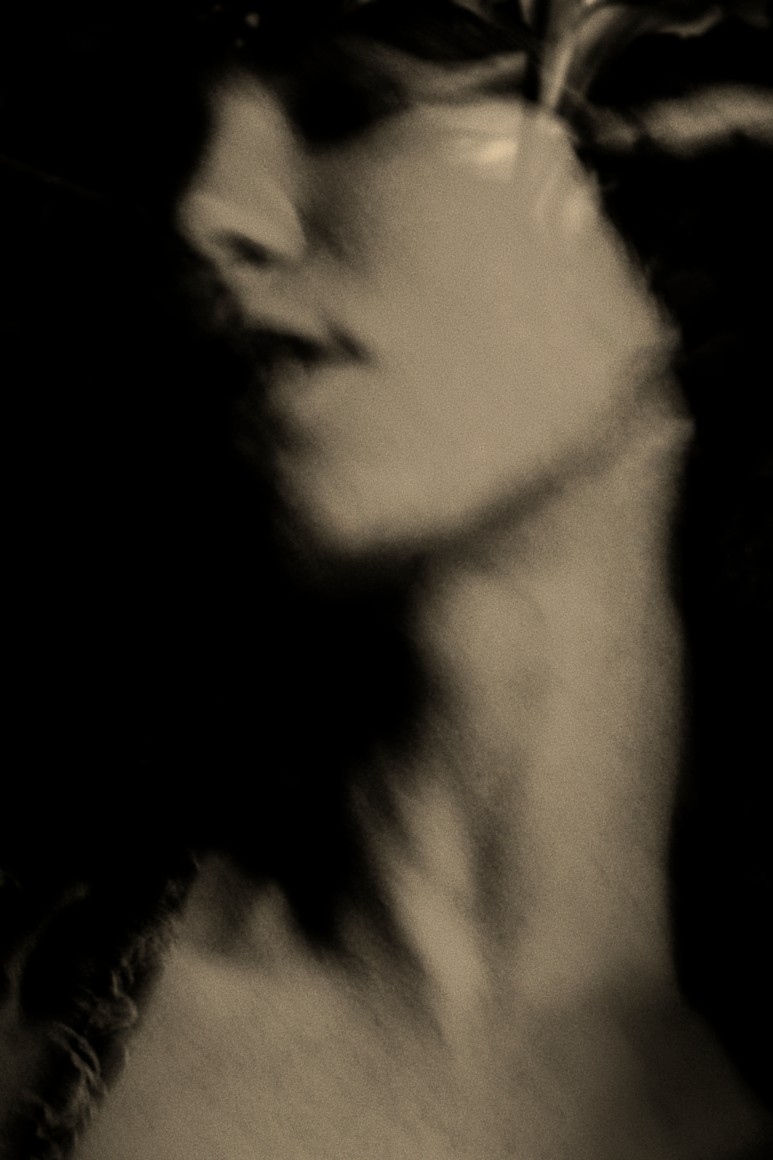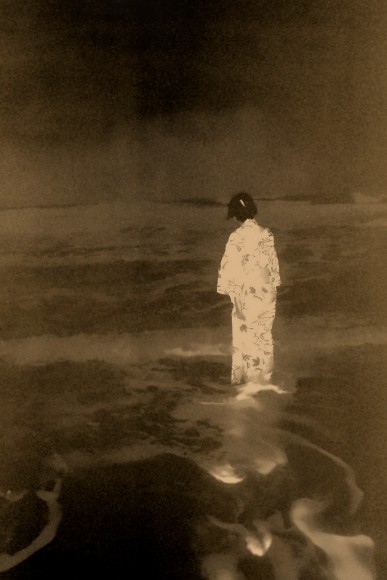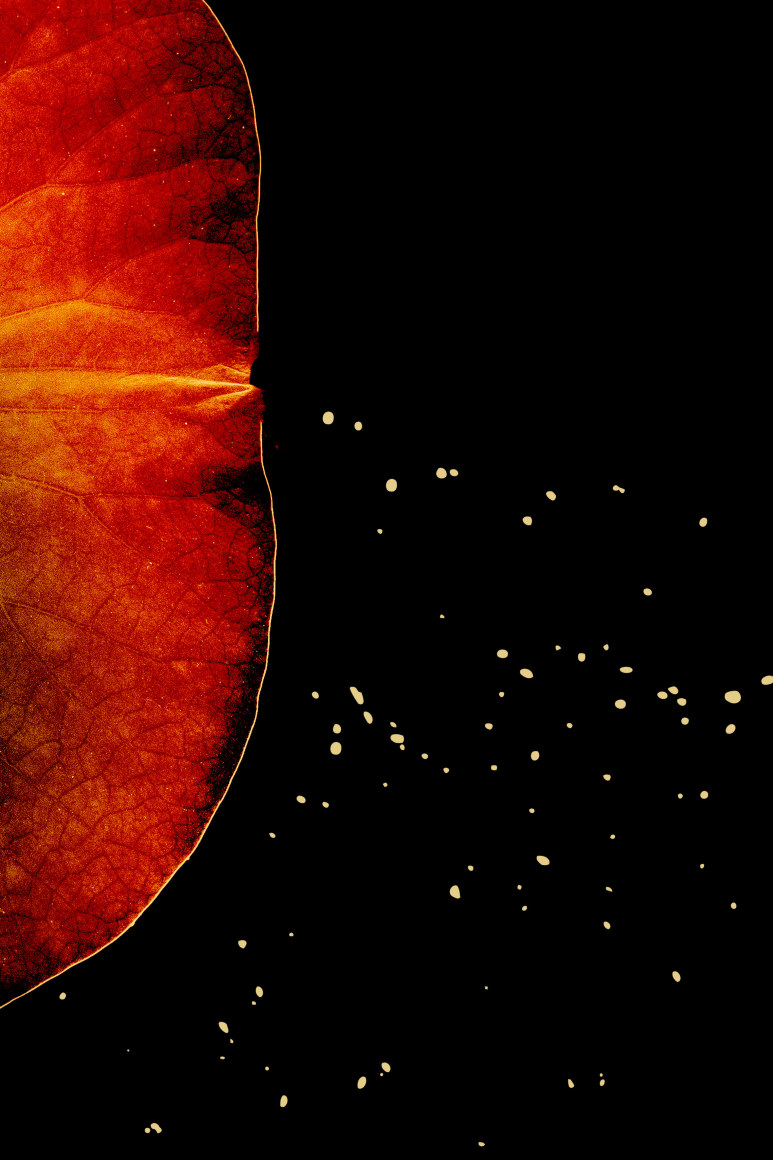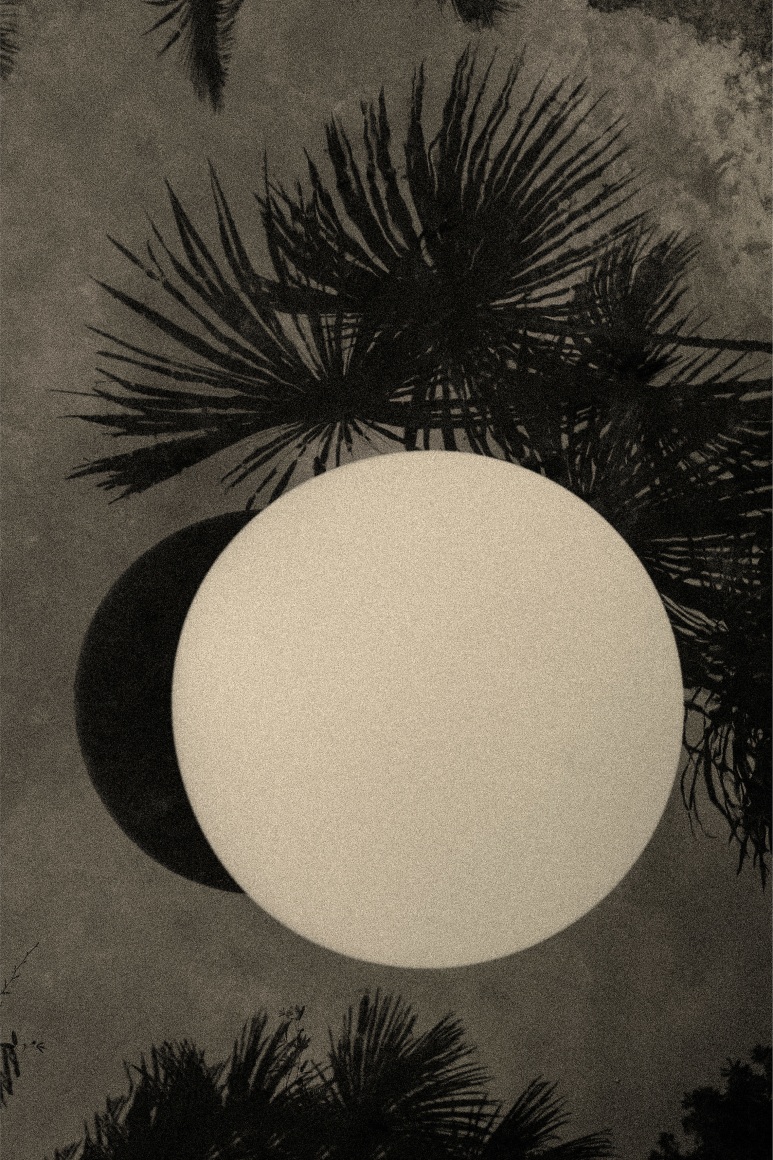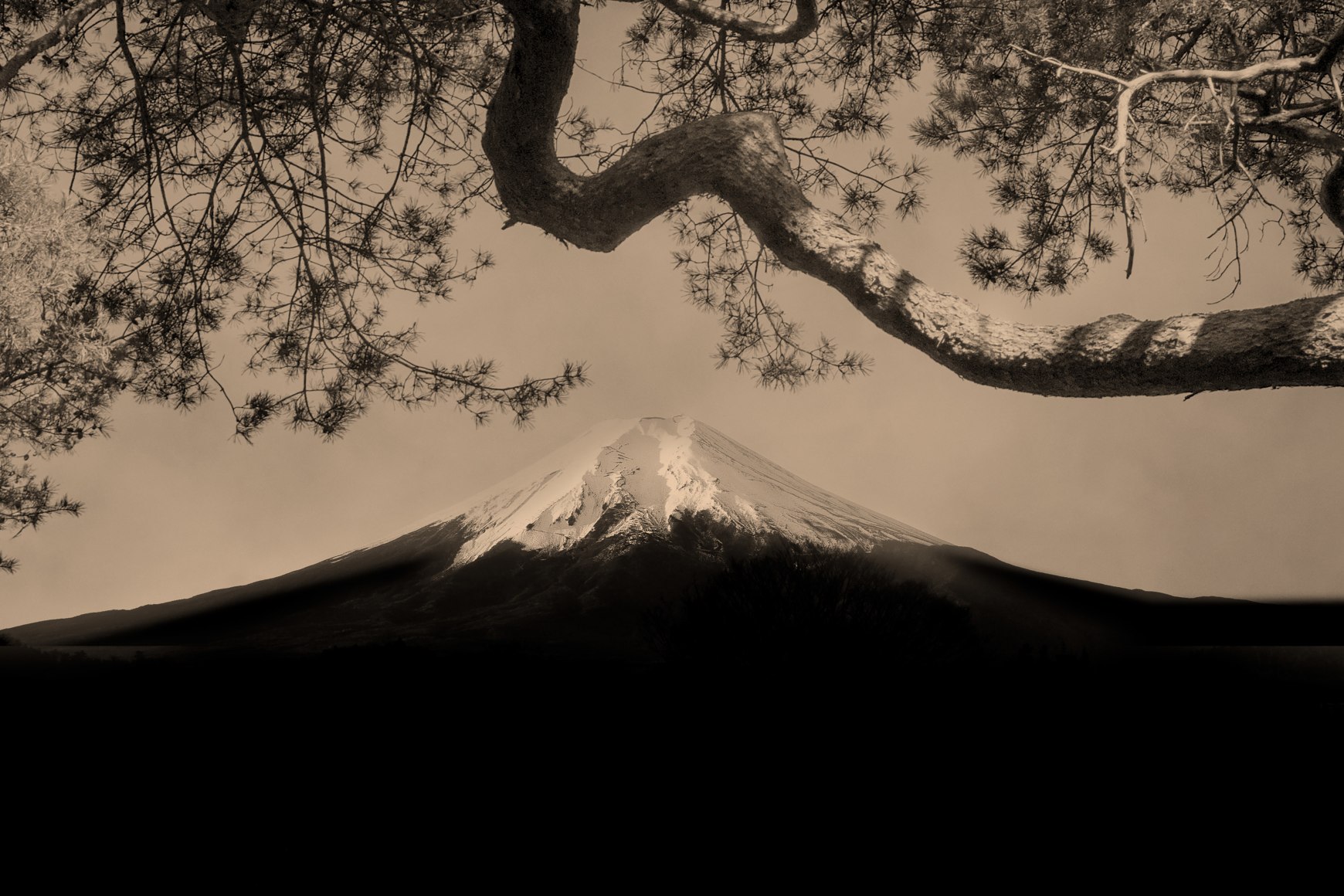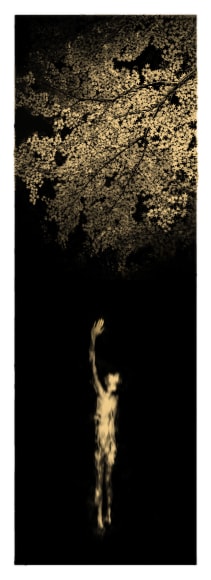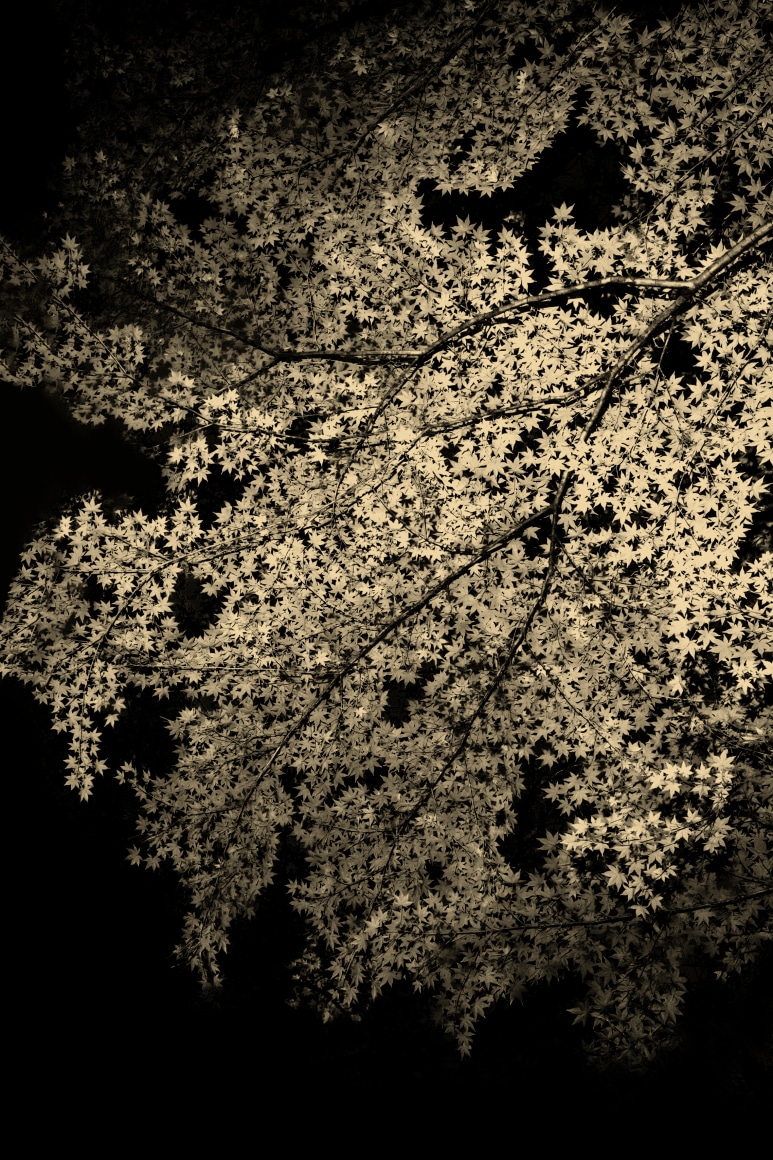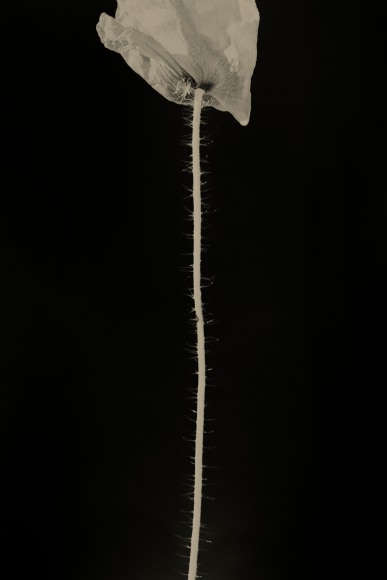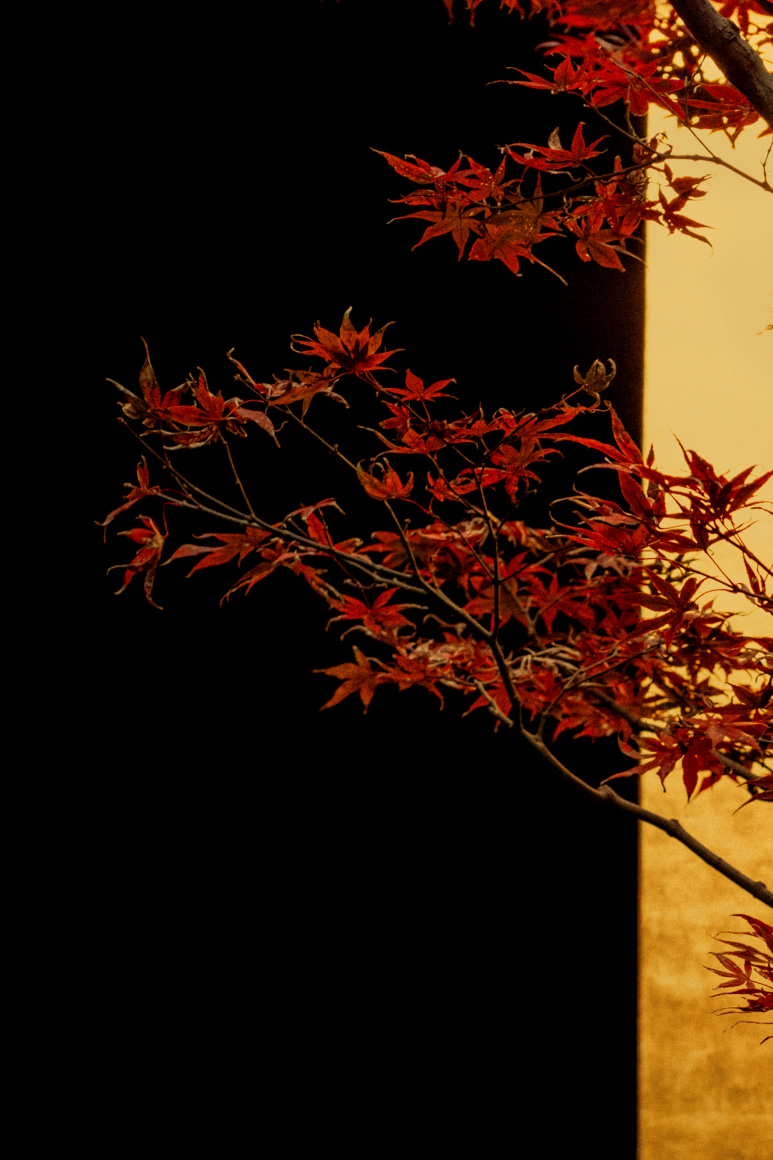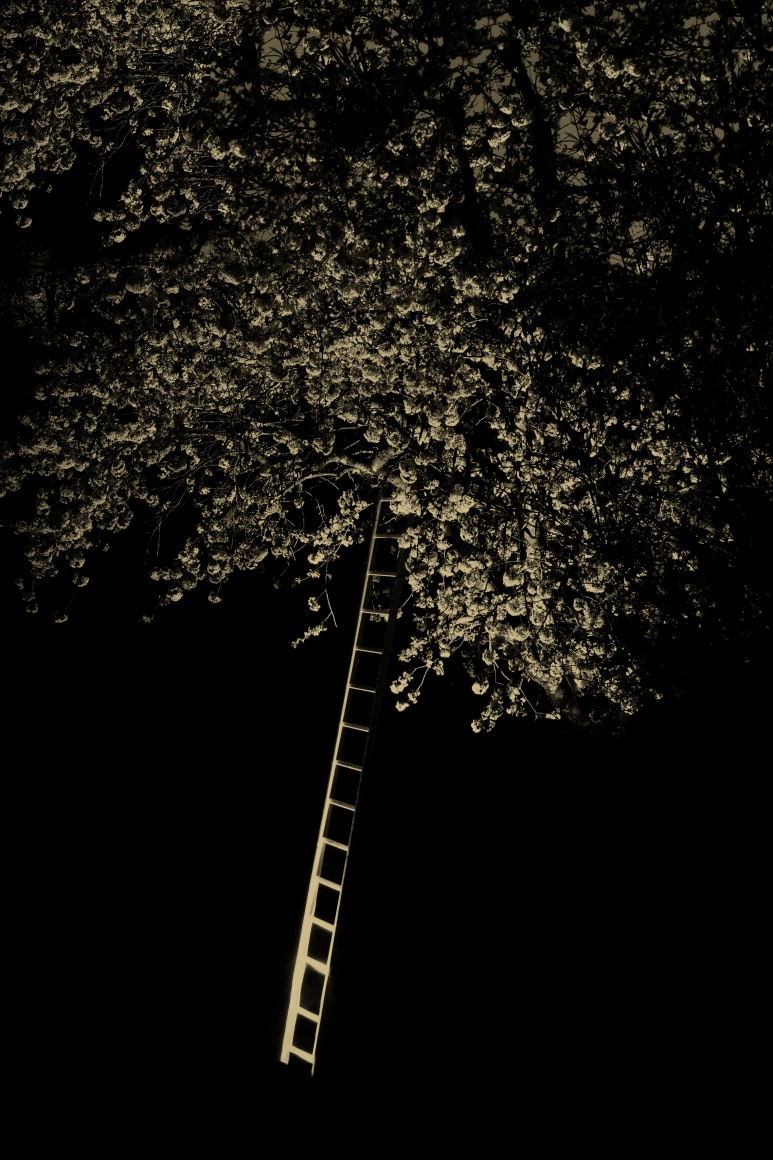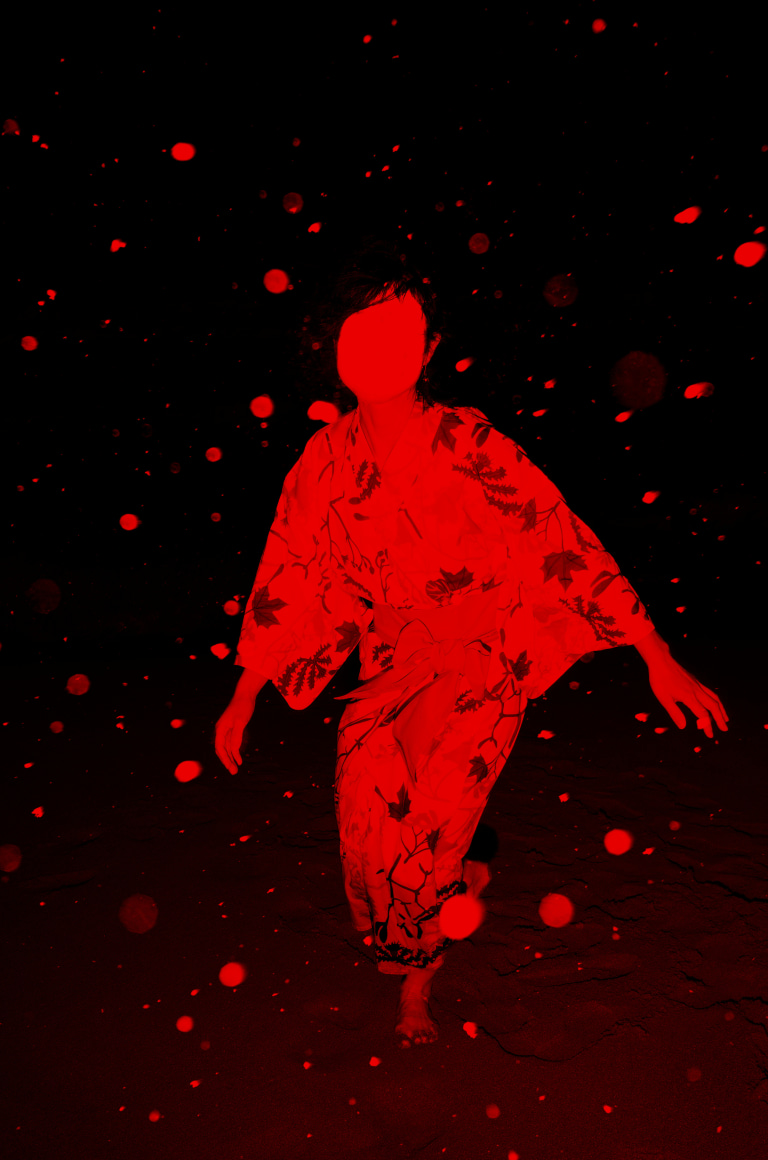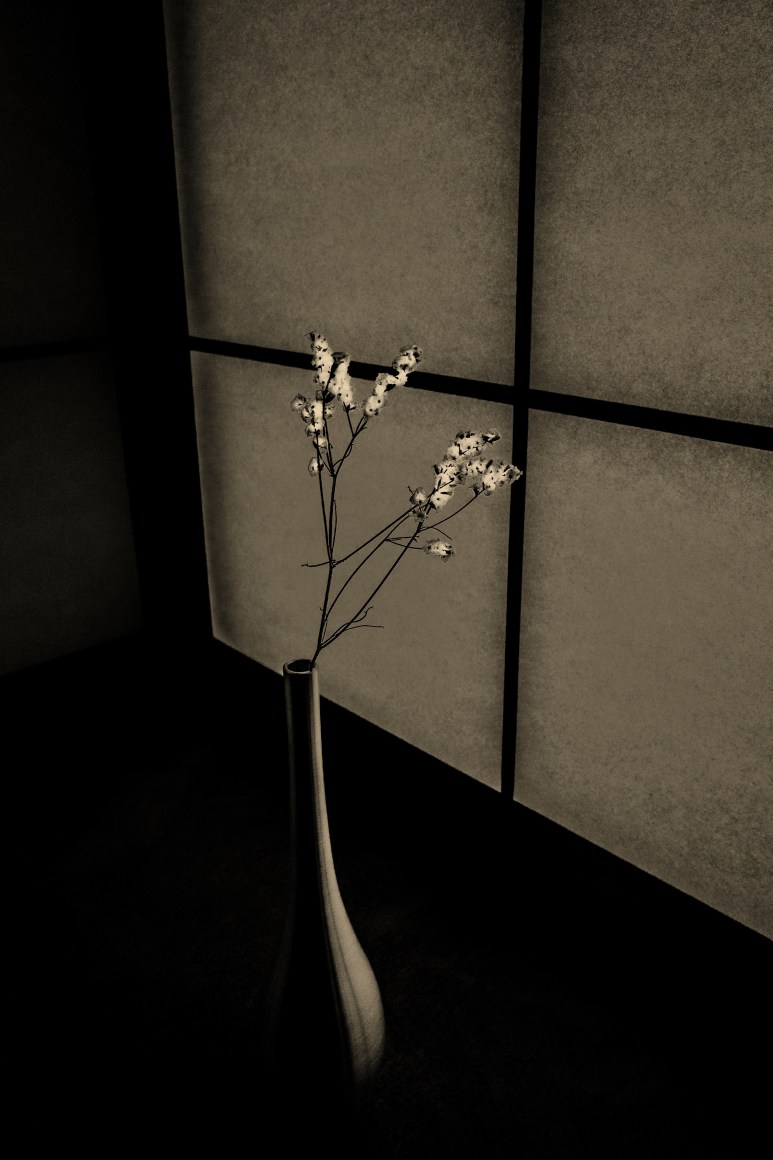Paul Cupido was born on a small Dutch Island called Terschelling in 1972.
In 2017, Cupido graduated cum laude from the Fotoacademie Amsterdam with the first installment of his ongoing multimedia project «Searching for Mu». He was awarded an artist`s residency at the Belfast Photo Festival 2017 and the Hariban Jurors` Choice Award in Japan. GUP Magazine included his work in their New Dutch Talent 2018 issue. He is currently working on two new books, one including his work from Japan with graphic designer Aiko Wakabayashi and one featuring his work from the Amazon. Paul Cupido lives and works in Amsterdam.
Paul Cupido`s work is concerned with and reflects upon notions of beauty and the quest for inner peace. From inside life`s paradoxes, Cupido searches for moments of the sublime in the turmoil of the transient. Interwoven processes - different cameras, papers, and scale - constitute his versatile approach to photography while exhibiting a consistent vision and aesthetic.
In Cupido’s words -
"I was born on a small island where nature and the elements reign. When I was a child, the local population still largely lived a subsistence lifestyle based on what nature had to offer, both in terms of indigenous food production and gathering, as well as collecting the things that have washed ashore. Our way of life is strongly defined by the cycle and rhythm of the seasons, the movement of the tides, the phases of the moon.
My experience and my memory of life on the island (I moved away long ago) have been supplemented with the notion drawn from quantum physics that nothing is solid, strengthening my belief that we as humans are intricately interwoven with natural phenomena, rather than being detached from nature.
An important aspect of my work is what I call layers of memories – think of your happy-go-lucky childhood, awakening adolescence, friendships and first loves, mistakes, growth, and ultimately passing on. Life events leave traces in our memories that also fade and often disappear. Sustaining and (re)building a relationship with nature can offer consolation for the inevitable transience of life. I want to make vulnerability and consolation recognizable."
